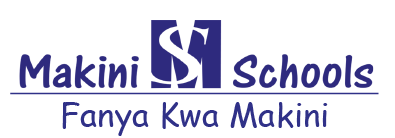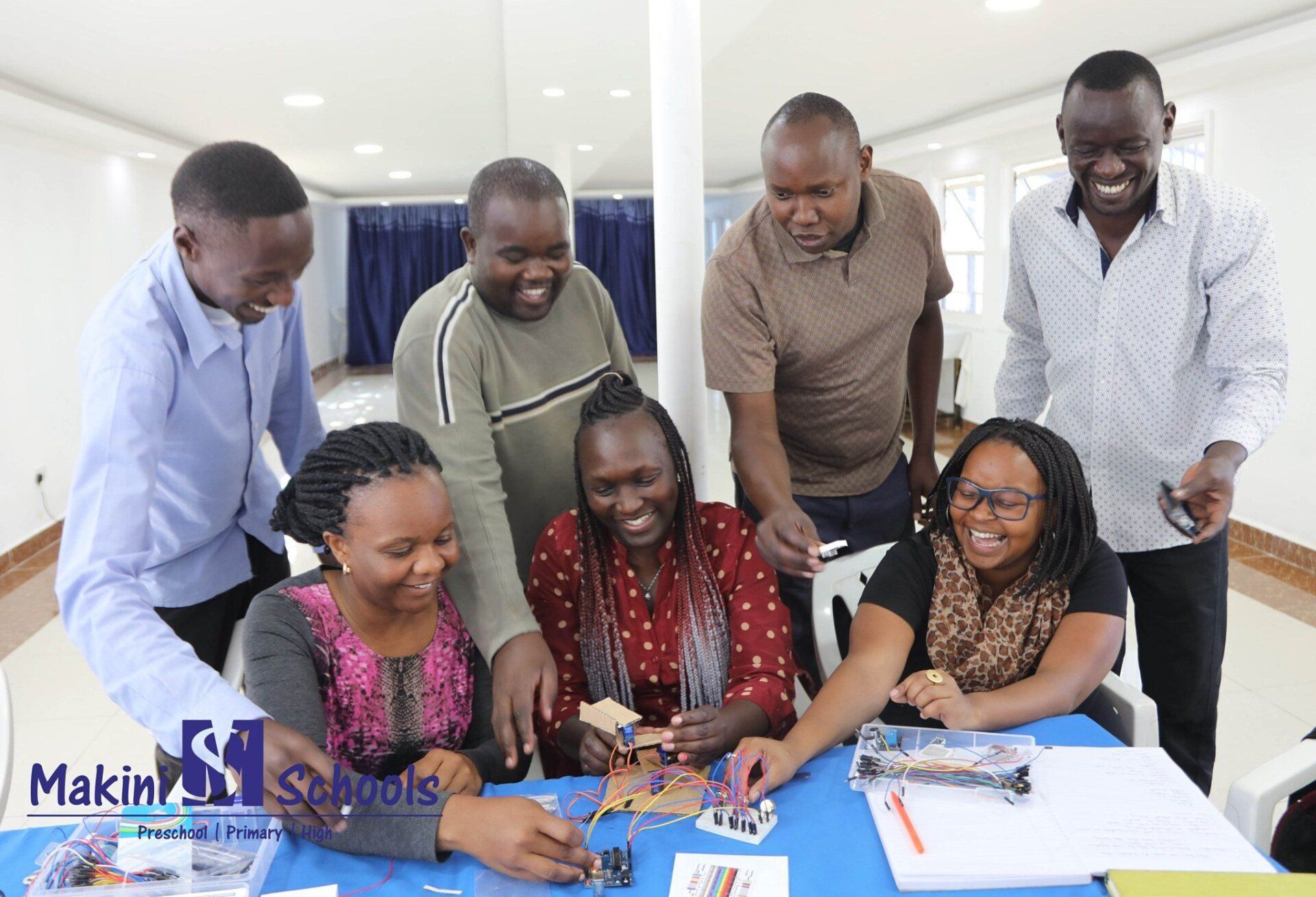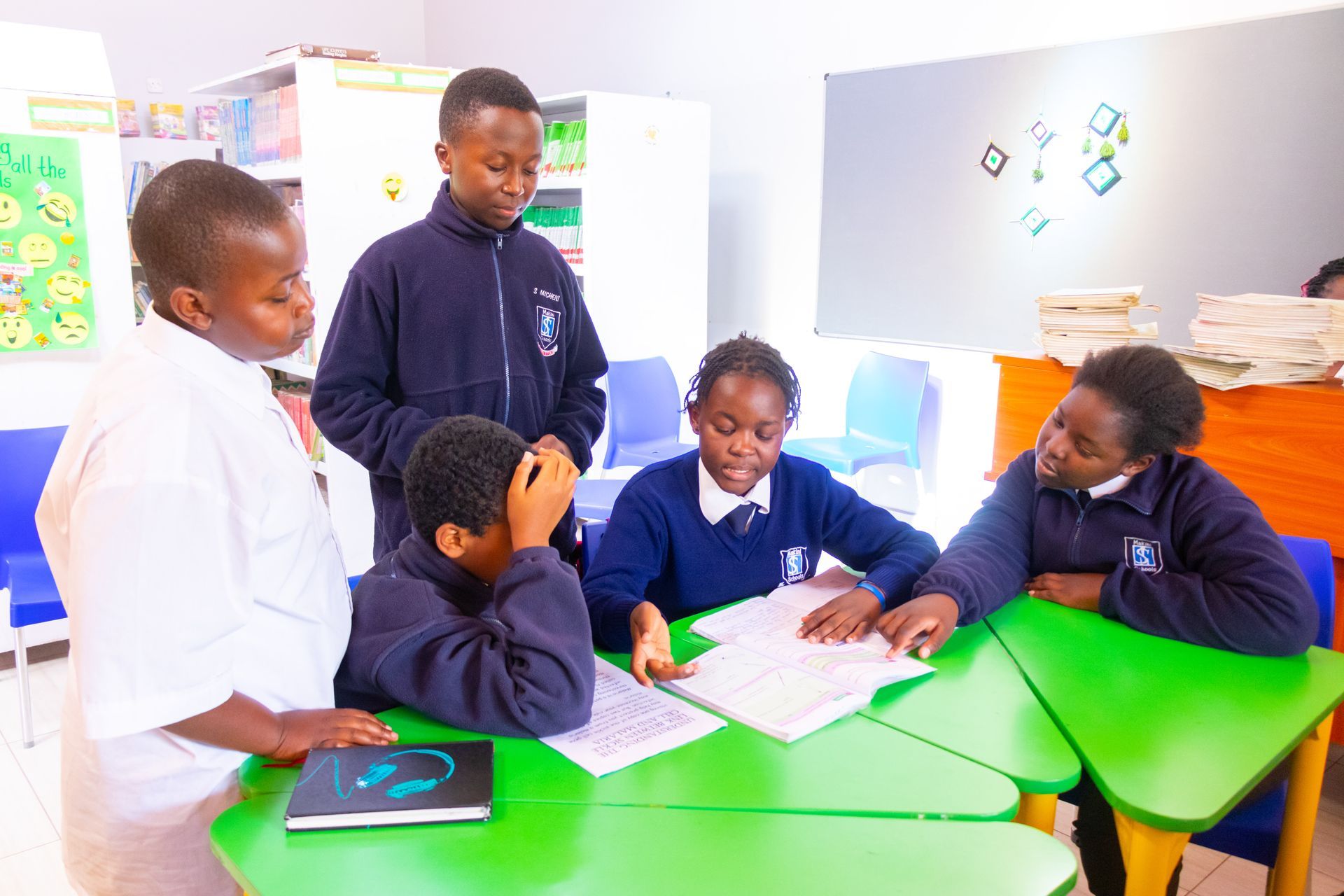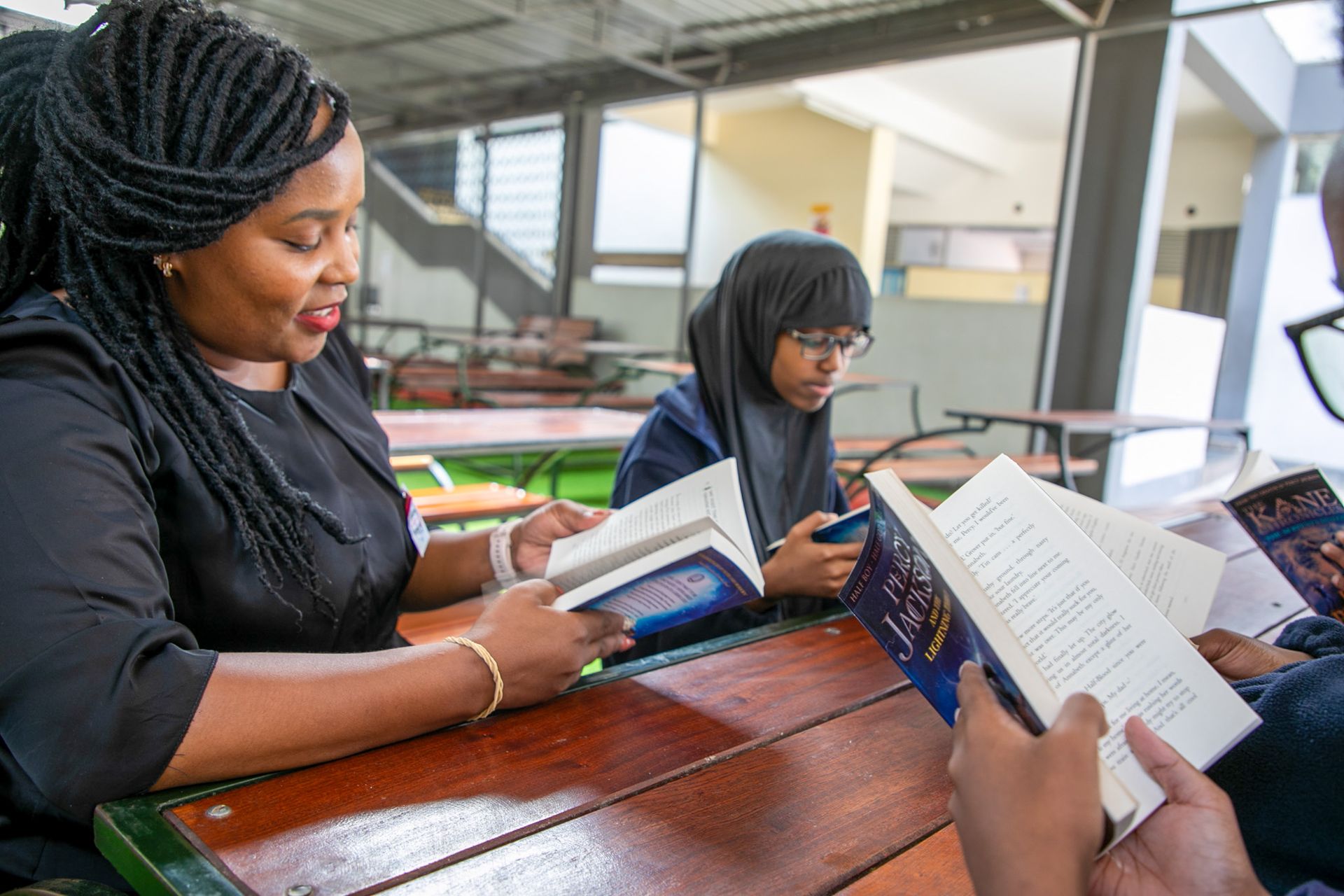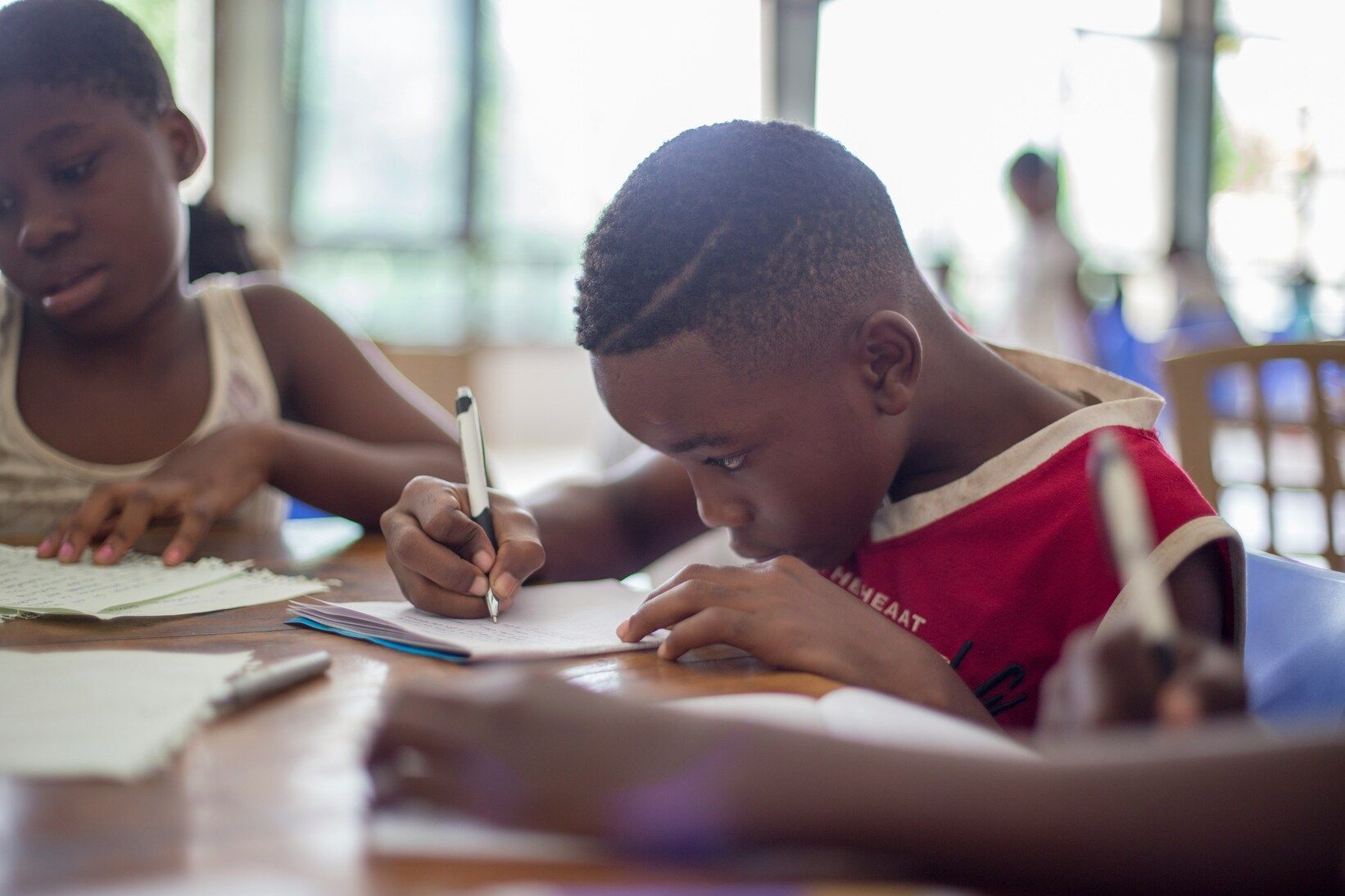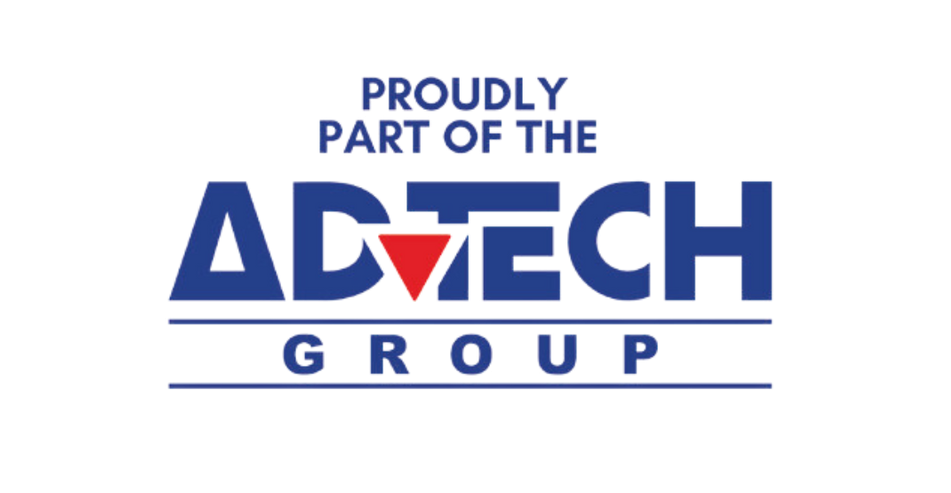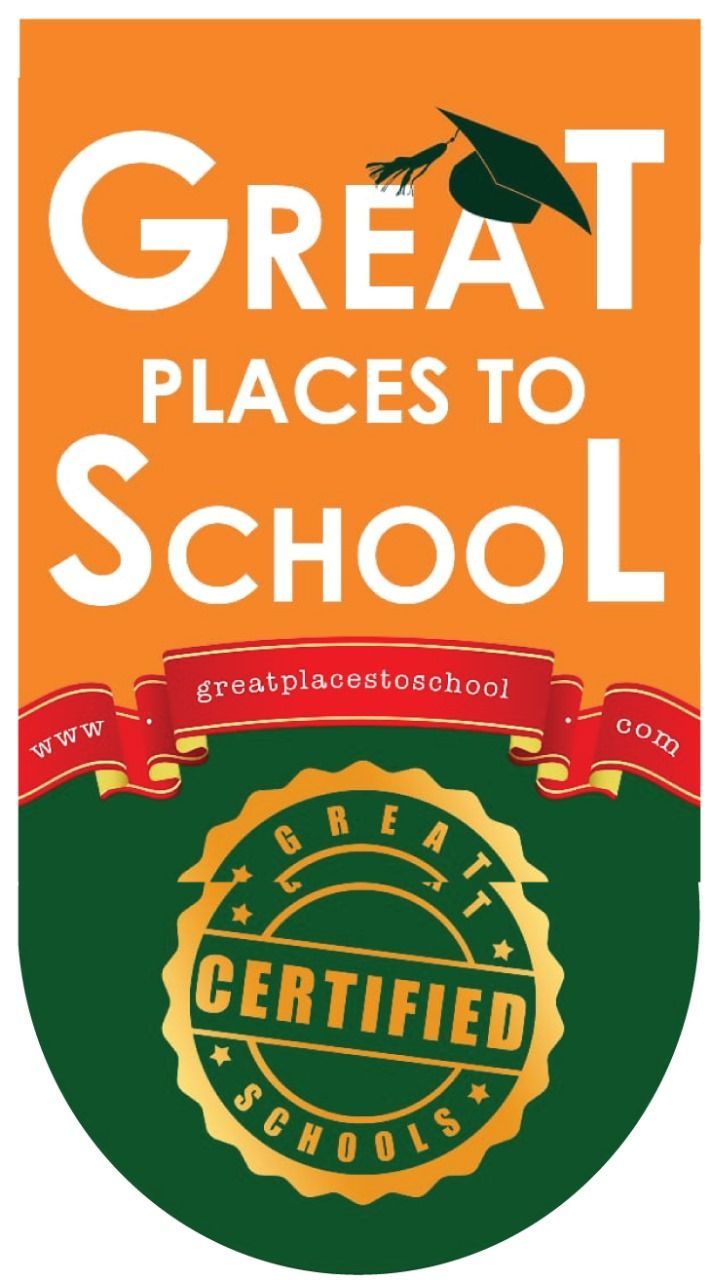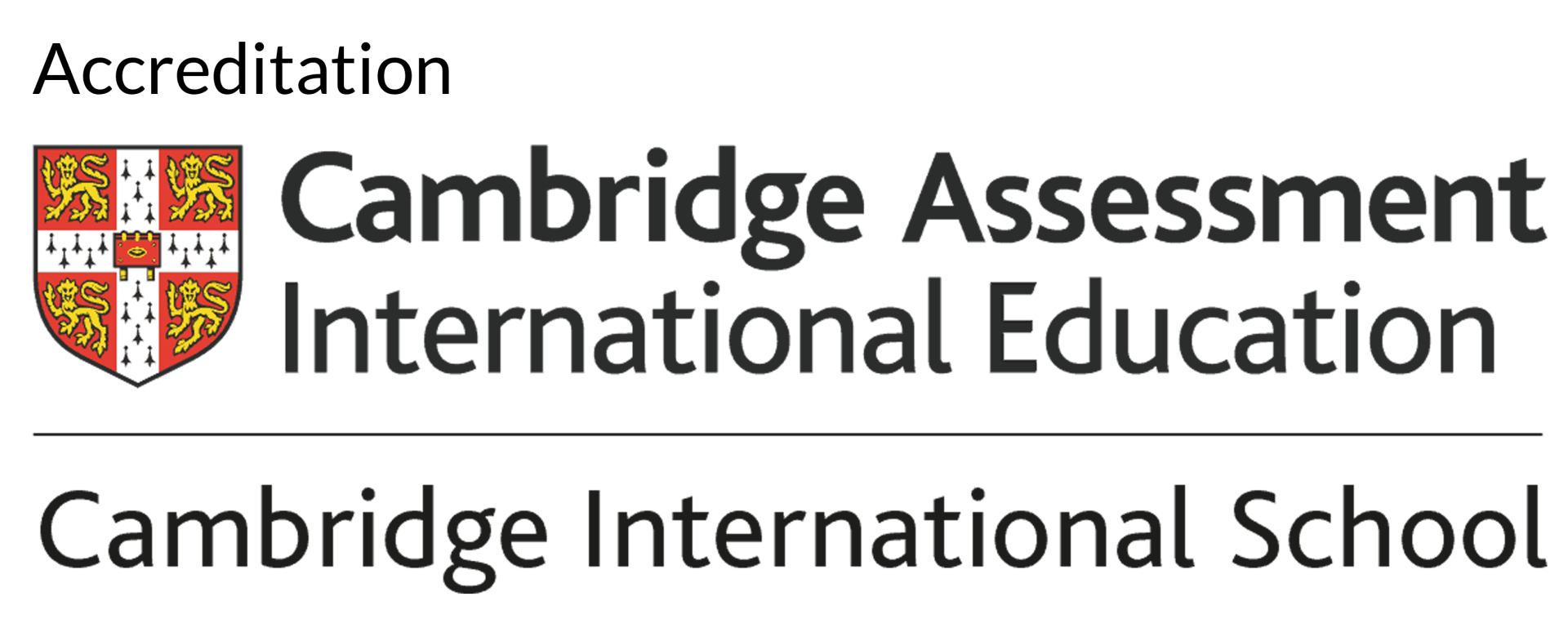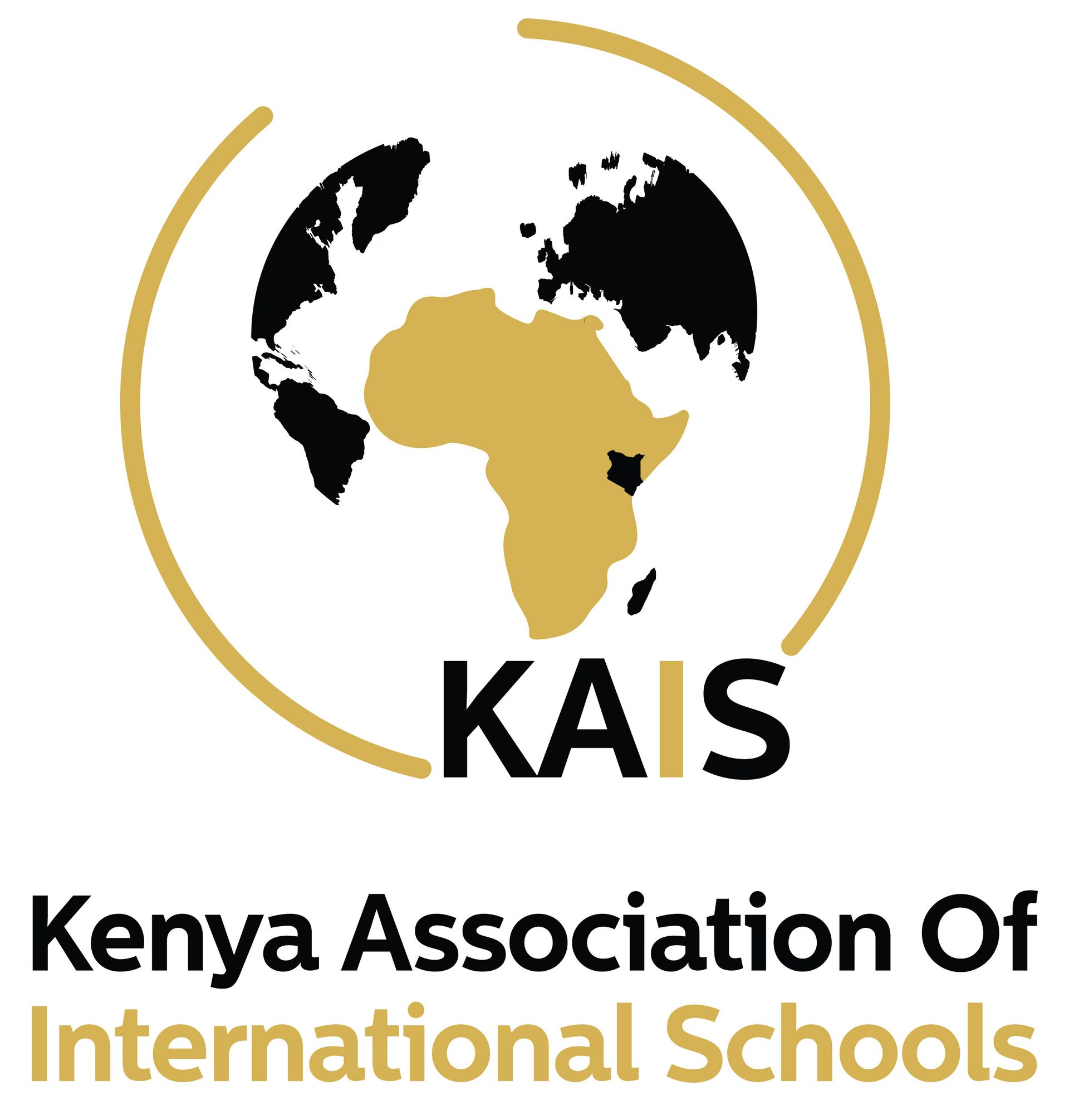The Shift to Student-Centered Learning
Education in Kenya has undergone a massive transformation over the years. There has been much progress, many challenges and constant adaptation. Makini School has become known for its innovative and unique approach to learning. We focus on the holistic development of our learners, work hard to ensure that our education is affordable and we always strive for excellence. From our teachers and facilities to our co-curricular and extra-curricular activities, we aim to nurture, mold and empower our learners for success later on in life.
The shift from teacher-led instruction to a student-centered approach
Part of our success is our distinct approach to learning. Unlike traditional models that focus solely on academic achievement, we offer a varied strategy that revolves around critical thinking, creativity, problem solving and practical skills. In the past, learning has been led by teachers and the students were merely vessels to absorb the information taught. However, for many learners, this traditional education system isn’t working and too many are falling through the cracks.
Students tend to be more interested in learning and participating in the classroom when they are given the opportunity to interact with each other and actively engage in their own education. The shift from teacher-led instruction to a student-centered approach moves away from covering content to employing content. This has resulted in learners developing the much-needed skills that are applicable in the real world.
How does the student-centered approach impact learners?
We believe that this approach is critical to a child’s growth. It encourages them to explore their interests, develop diverse skills and have the tools to adapt to a variety of situations. When learning is focused around the learner, they are more prepared for future challenges. It also fosters self-development and above all, makes learning enjoyable.
How do teachers effectively transition to a student-centered classroom?
Shifting the focus from the teacher to the learner requires the teacher’s role to change from leader or lecturer to a guide or mentor. A teacher’s role in this type of classroom requires them to identify their learners’ interests, give them ample opportunity to pursue them and then provide feedback and support. This educational change will help them develop problem-solving and critical thinking skills as they journey through their school career.
When learners and teachers work together to set a goal and lay a path to achieve that goal, the teacher can guide them and provide mentorship, rather than instructing them to perform in a certain way.
While the shift can be significant for some teachers, at Makini School, we are committed to employing staff that thrive in this type of environment. After all, passionate teachers develop passionate learners who become successful.
What challenges do schools face in adopting a student-centered approach?
Some of the challenges include:
- Learner mindsets: shifting from passive, teacher-led learning to active participation and self-directed learning can be difficult for learners. If learners were used to the more traditional learning approach, they often struggle to adapt to this very different learning environment.
- Time constraints: teachers are required to juggle multiple demands from managing the number of learners in their classroom as well as the projects. Time management is crucial for educators as they have to work with each individual and give each one enough attention and assistance.
- Consistency: each teacher is different and therefore their ways of implementing learner-centered instruction varies. It is important for teachers to be consistent to avoid creating mixed messages for their learners.
How do we measure success at Makini School?
To measure and evaluate the success of our efforts in nurturing confidence in learners, we provide many opportunities, at every level, for learners to research, prepare and make presentations in class. This forms part of our continuous assessment in line with the assessment requirements of the CBC curriculum.
At Makini School, we are committed to fostering significant academic progress by leveraging date-driven insights. This allows us to progressively develop each learners’ competencies incrementally. Through cutting-edge technology and global standards in curriculum delivery, we ensure that each and every one of our learners are able to reach their full potential.
Get in touch with us today or book a visit to one of our schools to get a better understanding and feel for our campuses and the way we teach.
